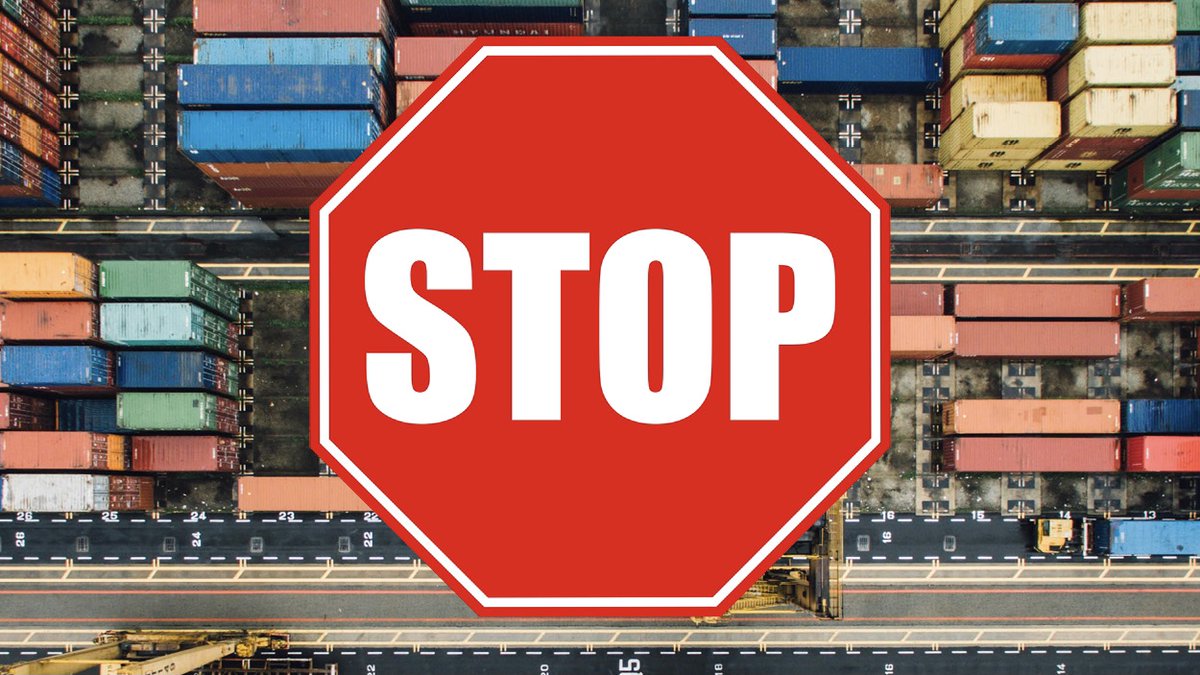Throughout this week,  countries have announced measures to prevent or stop imports linked to forced labour from the #Xinjiang region in China - namely the #US, #Canada and the #UK.
countries have announced measures to prevent or stop imports linked to forced labour from the #Xinjiang region in China - namely the #US, #Canada and the #UK.
Where is the EU in this? A #BizHumanRights thread
in this? A #BizHumanRights thread
 countries have announced measures to prevent or stop imports linked to forced labour from the #Xinjiang region in China - namely the #US, #Canada and the #UK.
countries have announced measures to prevent or stop imports linked to forced labour from the #Xinjiang region in China - namely the #US, #Canada and the #UK. Where is the EU
 in this? A #BizHumanRights thread
in this? A #BizHumanRights thread
1/5 On 12 January, as part of its actions to address the Xinjiang human rights abuses, Canada announced it will prohibit imports of goods produced wholly or in part by forced labour. You can read more on the measures here: https://www.canada.ca/en/global-affairs/news/2021/01/canada-announces-new-measures-to-address-human-rights-abuses-in-xinjiang-china.html
2/5 that same day, the UK announced measures to prevent UK businesses from being involved in #HumanRights violations in #Xinjiang, incl. introduction of financial penalties for those who fail to meet obligations under the UK Modern Slavery Act: https://www.gov.uk/government/news/uk-government-announces-business-measures-over-xinjiang-human-rights-abuses
3/5 And just yesterday, the US announced that it would block imports of all cotton and tomato products from the #Xinjiang region of China over forced labour concerns: https://www.nytimes.com/2021/01/13/business/economy/xinjiang-cotton-tomato-ban.html
4/5 Meanwhile, what is the EU doing? It has rushed before the end of 2020 to conclude an investment agreement with China which includes very limited, and wholly unenforceable human rights and labour rights provisions 

5/5 What we need instead is an EU mechanism to ban imports linked to forced labour, as the European Parliament has called for numerous times in recent months!
Let’s take the lessons learned from the US experience and make an EU initiative even better
cc/ @bueti @saskiabricmont
Let’s take the lessons learned from the US experience and make an EU initiative even better

cc/ @bueti @saskiabricmont

 Read on Twitter
Read on Twitter


